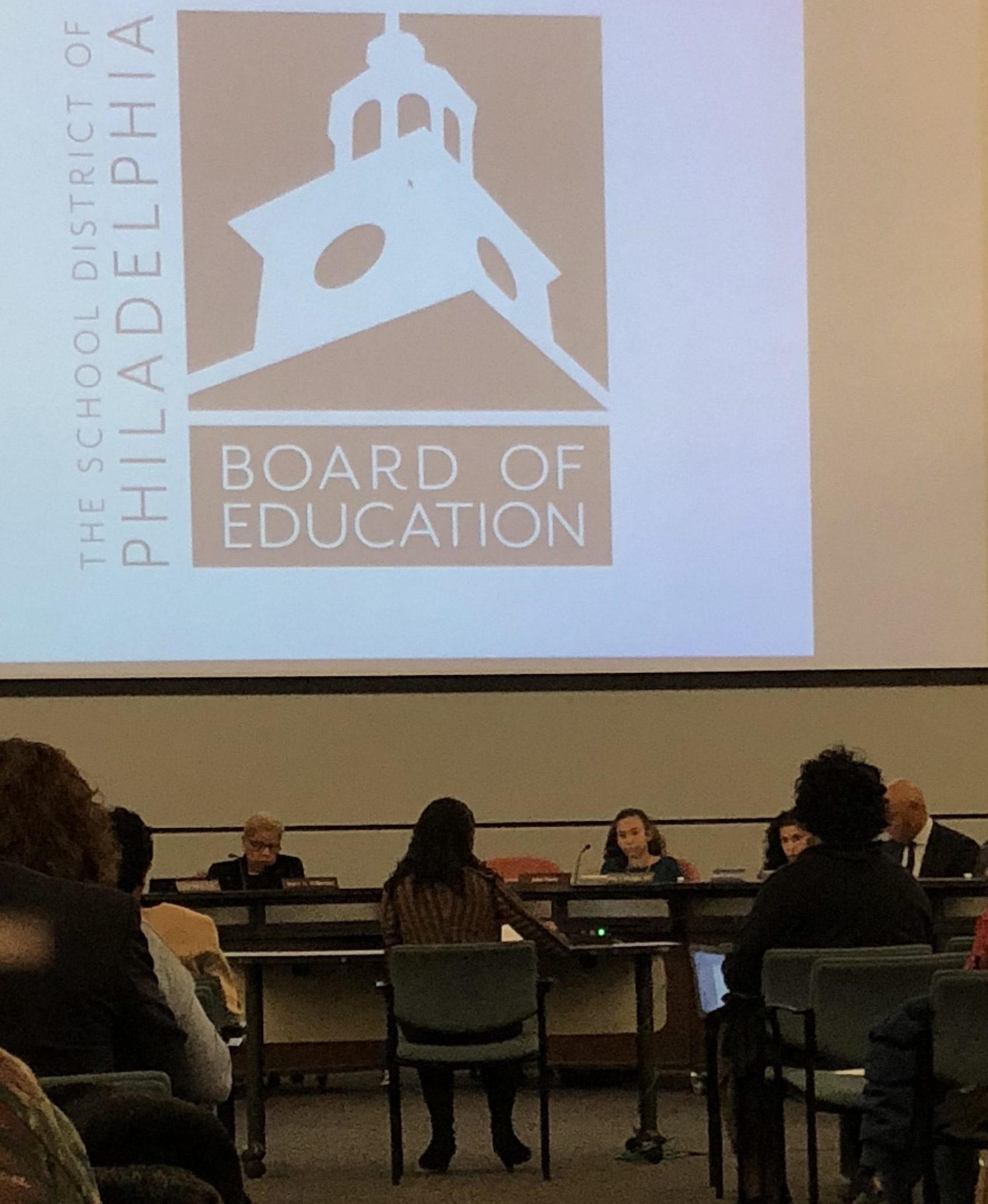FOR IMMEDIATE RELEASE
August 21, 2018
Contact: Paul Socolar, Education Law Center, 215-906-1250, [email protected]
Jonathan McJunkin, Public Interest Law Center, 267-546-1305, [email protected]
In victory for students, Court rules that Pa. school funding lawsuit is not moot
Commonwealth Court dismisses Senator Scarnati’s motion that the case was rendered moot by the adoption of a fair funding formula in 2016
Pennsylvania’s Commonwealth Court ruled Tuesday that a lawsuit challenging the state’s school funding system can move forward, denying a claim by state legislative leaders that the lawsuit was rendered moot by the state’s adoption of a funding formula in 2016.
The lawsuit was filed in 2014 by the Education Law Center and Public Interest Law Center on behalf of parents, school districts, and statewide organizations alleging that the state’s school funding system violates Pennsylvania’s constitution, due to significant underfunding and gross disparities in allocations that penalize students in low-wealth districts.
The ruling is a significant victory for petitioners in the lawsuit William Penn School District et al. v. PA Department of Education et al., eliminating a major obstacle to a trial in the case.
Judge Robert Simpson wrote the court order, rejecting claims by Senate President Scarnati and House Speaker Turzai that a change in the school funding formula made the issues in the case moot.
“We are pleased that the court has denied respondents’ baseless attempt to dismiss our lawsuit,” said Education Law Center Legal Director Maura McInerney. “As the court recognized, our challenge to the inadequacy and inequity of Pennsylvania’s broken school funding system will persist. We look forward to presenting our case at trial.”
The petitioners’ brief responding to the mootness challenge demonstrated that the spending gap between wealthy and poor school districts has actually widened since the lawsuit was filed, and that state funds available for classroom spending have declined. Pennsylvania’s school funding formula applies to only a tiny fraction of the state’s K-12 education funding.
“Pennsylvania’s school funding system still deprives students of the resources they need,” said Public Interest Law Center Staff Attorney Dan Urevick-Ackelsberg. “We are talking about the basics: not enough teachers, out-of-date books, and buildings that crumble around the children inside of them. That was the reality when we filed the case, and it continues today.”
Respondents in the case – legislative leaders, the governor, the secretary of education, the department of education, and the state board of education – will finally be required to answer the allegations in the lawsuit. Gov. Wolf opposed the mootness challenge and urged the court to move the case to trial swiftly. Petitioners have requested a scheduling conference and hope to proceed to trial quickly. The date for a trial is not yet known.
The petitioners in the case are six families, six school districts – William Penn, Panther Valley, Lancaster, Greater Johnstown, Wilkes-Barre Area and Shenandoah Valley – the Pennsylvania Association of Rural and Small Schools, and the NAACP of Pennsylvania. In the fall of 2017, in a landmark ruling, the Pennsylvania Supreme Court determined that there are judicially manageable standards for courts to review school funding issues. The state’s highest court remanded the case to Commonwealth Court for a full trial. Since that ruling, two respondents – Senator Scarnati and Representative Turzai – have tried to dismiss the case or further delay trial. A May 2018 Commonwealth Court ruling dismissed most of their preliminary objections but directed parties to file briefs on the issue of mootness.
###
The Education Law Center-PA (ELC) is a nonprofit, legal advocacy organization dedicated to ensuring that all children in Pennsylvania have access to a quality public education. Through legal representation, impact litigation, trainings, and policy advocacy, ELC advances the rights of vulnerable children, including children living in poverty, children of color, children in the foster care and juvenile justice systems, children with disabilities, English language learners, LGBTQ students, and children experiencing homelessness. For more information, visit elc-pa.org or follow on Twitter @edlawcenterpa.
The Public Interest Law Center uses high-impact legal strategies to advance the civil, social, and economic rights of communities in the Philadelphia region facing discrimination, inequality, and poverty. We use litigation, community education, advocacy, and organizing to secure their access to fundamental resources and services in the areas of public education, housing, health care, employment, environmental justice and voting. For more information visit www.pubintlaw.org or follow on Twitter @PubIntLawCtr.

